
0-6 Months
Your baby’s needs
It may take weeks, sometimes months, to gain confidence in understanding your baby’s needs. Follow your own judgement and trust your instincts. Life with a new baby is an adventure in which you all learn together.
Our articles
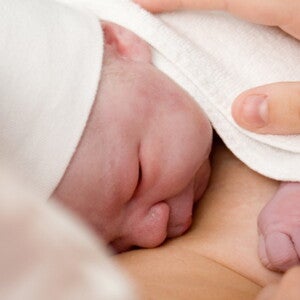
My newborn
Parent-infant interaction
Interaction with your baby begins before she is born. You usually feel life at about 20 weeks into pregnancy as light, fluttering sensations.
5 mins to read

Your body
After the birth your body undergoes rapid physical and hormonal changes.
4 mins to read
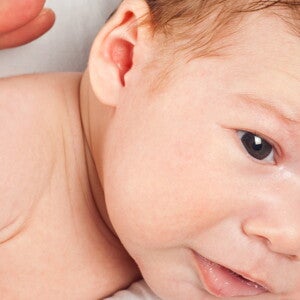
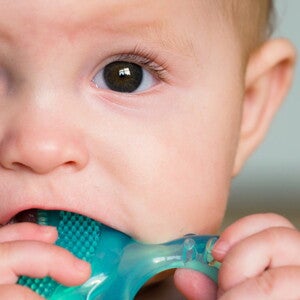
Teething
First teeth! Consult your dentist about fluoride for your child’s teeth. Until a child learns to brush his teeth, the mother must clean them for him.
5 mins to read

Sleeping
Babies all have individual temperaments, which will affect their sleep patterns. Some are sleepy and others more alert and wakeful.
5 mins to read
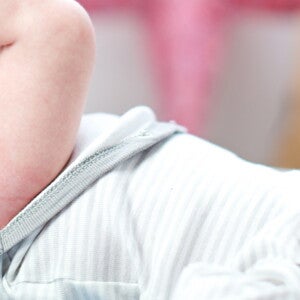
Stools
A baby’s bowels usually work within the first 24 hours after birth. The first stool, meconium, is blackish-green and sticky, with no smell.
2 mins to read

Rashes
A young baby’s skin passes through many phases, from clear to spotty (rash), to peach-like. This may be due to the transition from a protected environment in the womb to the outside world.
5 mins to read
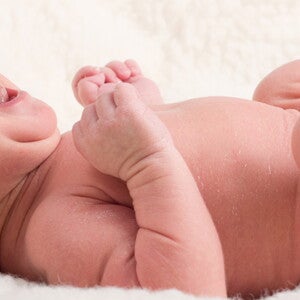
Crying
A new baby cries a great deal of the time. It is her only way of communicating. It is difficult at first to know why she cries, but your ability to interpret her cries will improve with time.
5 mins to read

Check-up
A general physical and gynaecological examination is advised 4–6 weeks after delivery to assess your recovery and the return of your body to its non-pregnant state.
1 min to read